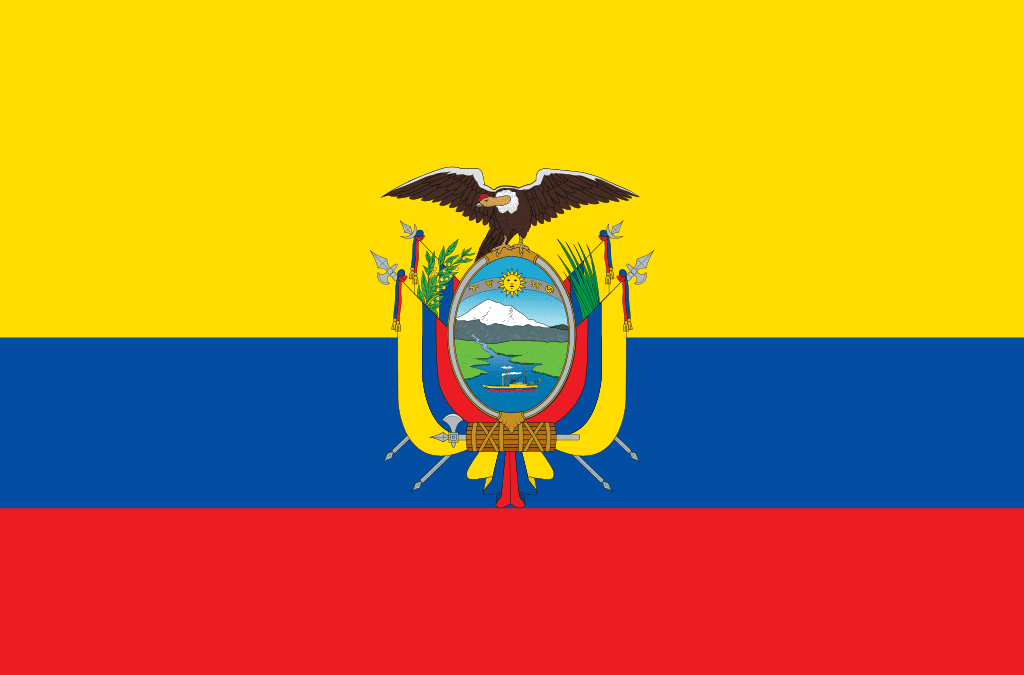On October 14, 2019, after nearly two weeks of violent demonstrations—including violence against many floral farms, including Expoflores—the Ecuador government has agreed to restore fuel subsidies.
The deal was agreed upon between indigenous leaders and the government after talks were brokered by the United Nations and the Roman Catholic Church.
The two sides have promised to discuss a new law that ensures future fuel subsidies will not be exploited by fuel smugglers to other countries.
The reversal of the fuels subsidies law—Decree 883—is seen as a blow to Ecuador president Lenin Moreno, who had repeatedly stated that there would be no repeal. However, after days of civil violence from its citizens, Moreno had no choice but to attempt to broker a peace.
Decree 883 was initiated by president Moreno in an effort to help the country’s weak economy. The original fuel subsidies had been in place since the 1970s, and had cost the government some CDN $1.7 billion every year. The government agreed to cut the subsidies via Decree 883 in exchange for a loan from the IMF (International Monetary Fund). Cutting the fuel subsidies led to a massive increase in fuel prices around the country, in turn leading to mass protests and civil unrest.
Since the violent protest began on October 3, 2019, seven people were killed, 1,300+ were injured and 1,152 people were “detained”.






